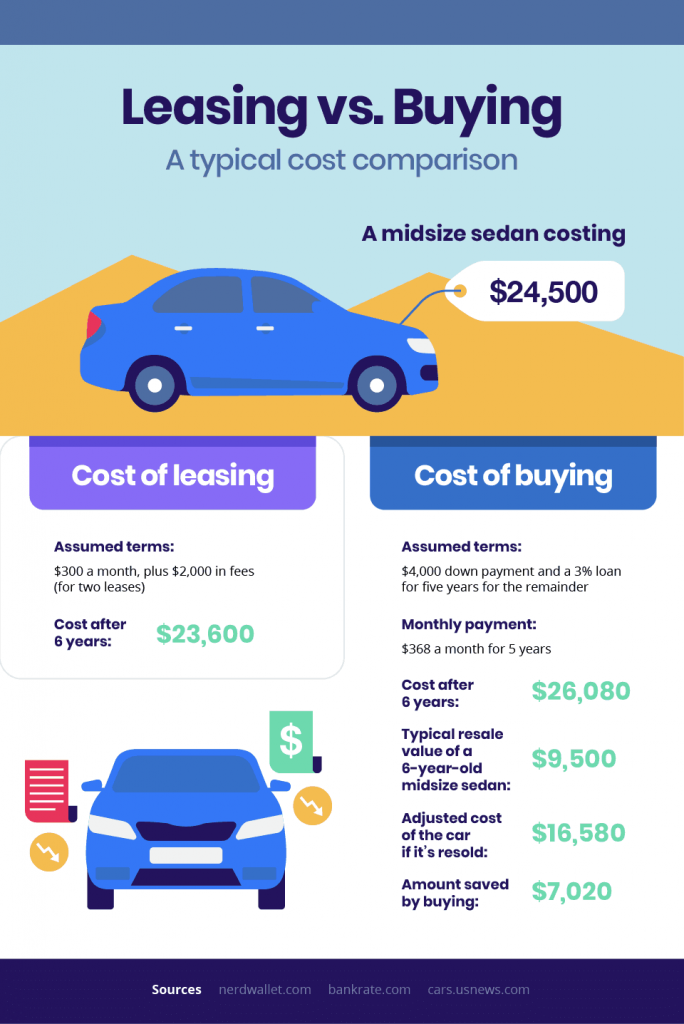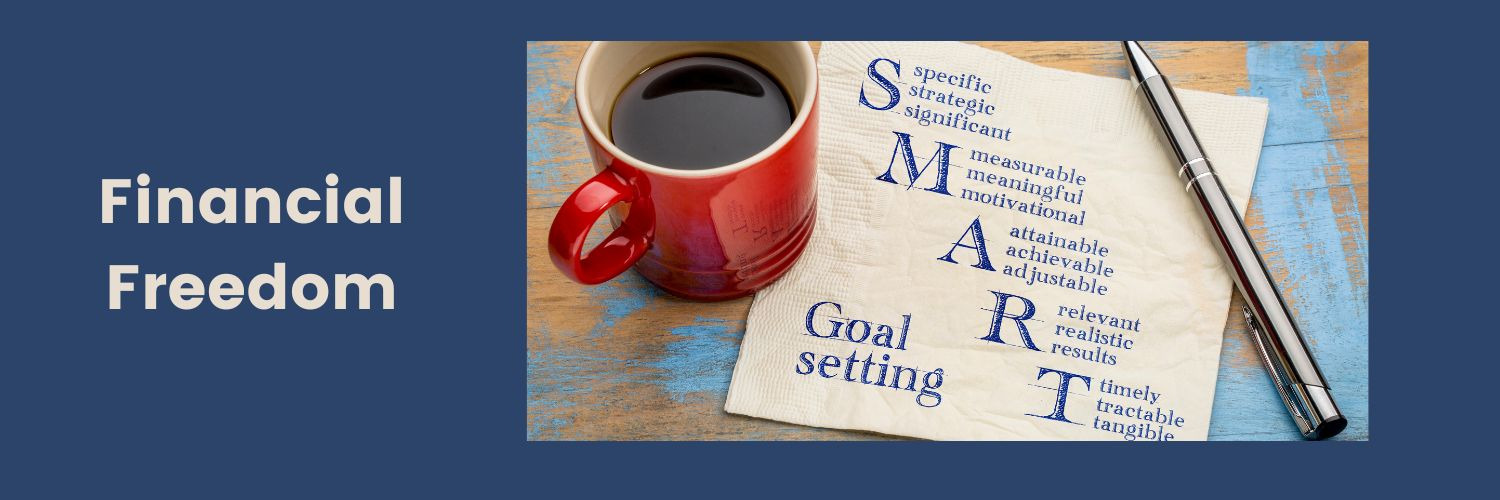Automobiles – Purchasing vs Leasing

By Holden Foster
Acquiring an automobile is a big decision. The choice between leasing and purchasing can make a large difference in one’s long-term financial health. The biggest mistake a person can make is rushing into a decision prior to diligently considering what lies ahead. Before deciding on whether to lease or purchase an automobile, one should first examine their living expenses to see if a new or used car can be attained comfortably within their financial means. If acquiring the vehicle hinders one’s ability to pay off debt, give, or invest, it might not be the best course of action. Once it is decided that a person can comfortably afford to take on a new car payment, they should determine whether leasing or purchasing is better option for them. Below are some specific concepts to consider to help a person make the best financial decision to obtain a new vehicle.
Ownership
When leasing, the owner of the car is the dealership. In essence, the individual rents the car from the dealer for a fixed premium during a specified time period. At the end of the period, the person must return the vehicle to its original owner. This is akin to renting an apartment; ownership of the unit reverts back to the landlord at the end of the lease.
When purchasing, the owner of the car is the buyer. The buyer has the right to do whatever they want with the property. One can own the property indefinitely and can choose to do whatever they see fit to the property, such as make major modifications and sell it at any point in time for a profit or loss.
Mileage and Maintenance
Leasing agreements often come with mileage restrictions, such as 12,000 – 15,000 miles per year. If a person exceeds the limits, they could incur additional expenses from the dealer. Leased vehicles are often covered by a warranty for most major expenses, although routine maintenance such as an oil change is often taken care of by the lessee.
When purchasing an asset such as a vehicle, the purchaser is not restricted under mileage requirements. All major and minor expenses incurred fall onto the purchaser.
Costs and Equity
In the long run, due to fees, leasing multiple assets can be more expensive than purchasing one asset and keeping it for an extended period. Additionally, the lease will continue indefinitely without the lessee building equity in the asset.
While purchasing an asset, such as a vehicle, can initially be more expensive, owning it outright can be more cost effective in the long run. The purchaser builds equity in the car over time and can sell it to pay off the leftover debt used to finance the vehicle. If bought outright, the purchaser can pocket the money and buy another asset. Additionally, if the car has appreciated, the purchaser can make a profit when the asset is sold. Keep in mind that most cars depreciate in value rather than appreciate in value.
Tax Implications
Lease payments may be tax deductible for businesses that use the asset for business purposes, but this would not usually apply for everyday consumers.
Depending on one’s situation, there may be certain tax credits and deductions available for the purchaser, such as the federal electric vehicle tax credit. The federal electric vehicle tax credit may be as high as $7500 for purchasers of new vehicles. For used car purchases, the owner may be able to receive up to $4000 in tax deductions. While credits may sound enticing, the regulations concerning electric vehicles and tax credits change on an annual basis. Before factoring these credits into the purchase price, a person should research heavily to see if they qualify for these benefits.
Commitment
Leases typically last anywhere from 2-3 years and provide flexibility for the person leasing to switch to a new vehicle.
Purchasing a vehicle is a long-term commitment. Before purchasing, one needs to factor in the longevity, resale value, and uses of the car.

The decision to purchase or lease a car hinges on several factors, but the ultimate factor is not what we think, but what God thinks. Psalm 24:1 reads “The earth is the Lord’s, and everything in it, the world, and all who live in it.” The Psalmist clearly states that God owns it all, but what does that really mean to us? Do we truly believe that, or do we harbor greed and place the wants of our flesh above the needs of our spirit? Galatians 6:7-8 states “A man reaps what he sows. Whoever sows to please their flesh, from the flesh will reap destruction; whoever sows to please the Spirit, from the Spirit will reap eternal life”. This verse relates well to finance, and it is one of my all-time favorites! If we spend out of our earthly desires and continually choose to glorify ourselves by buying luxury items, we will reap financial destruction. If we take heed of God’s word, and continually pray upon our actions before we take them, we can enjoy the bountiful blessings of the Lord. Realizing that our lives aren’t ours, our earnings aren’t our own, and that God owns it all, provides clarity and peace. I ask that in whatever you decide to do, provide God a spot to go ahead of you and walk alongside of you.


